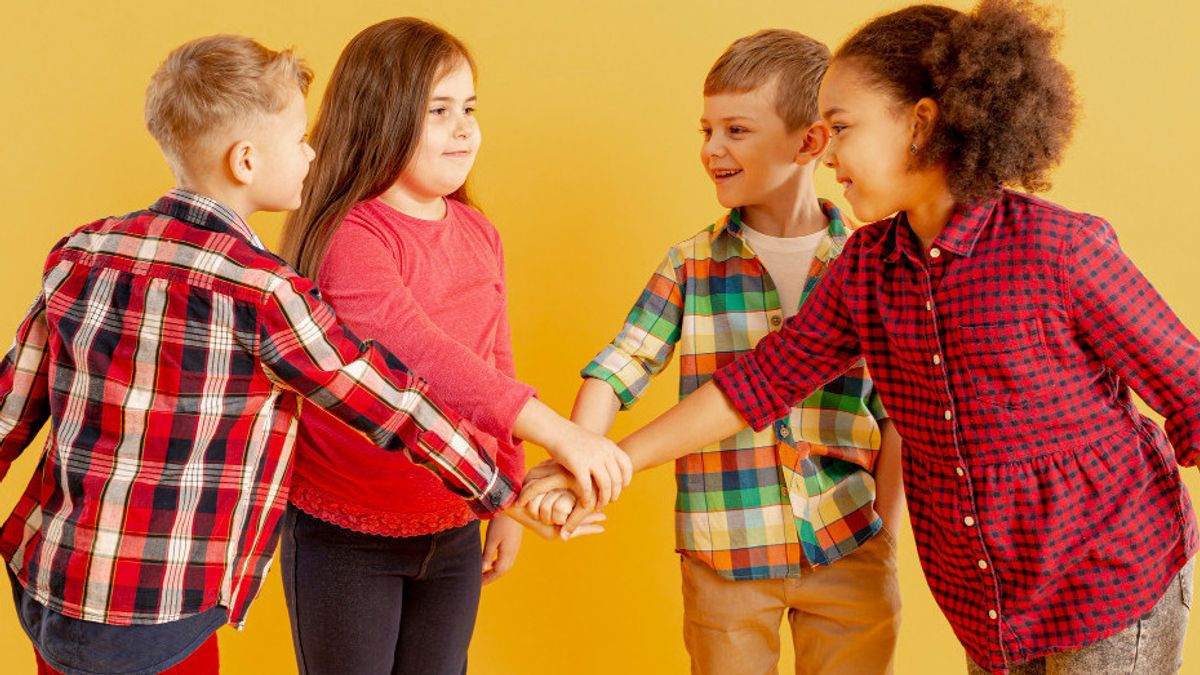YOGYAKARTA By having many friends, children can develop their ability to communicate, share, and empathize. In addition, children also experience creativity and the ability to solve problems.
According to assistant professor and child psychologist at the NYU Child Study Center in New York City, Rachelle Theise, Psy.D., being friends helps children interact with the world. Some children may naturally have social abilities. But not a few need help because of a little shame.
As parents, of course helping children to develop is an achievement that needs to be realized. The key is to encourage children to be more confident and they will be more comfortable in making friends. To make it happen, here are suggestions that parents can do to make children comfortable and confident in friends.
For adults, greeting is normal, especially when there are new people. For children, you as parents can train your children to greet someone new. For example by asking his name.
When interacting on the social realm, parental involvement is needed to ensure security. First of all, try to take your child to the nearest social environment. Make sure they are confident and safe, then teach them the technique of opening up chats with their new peers.
Shy children usually feel more comfortable at home. So, invite your child's friends to play at home. Give activities that require less conversation and more participation. In this way, your child will not be overwhelmed by new friends when overcoming his shame, Theise explained.
Consistent is an important beginning to have. That is, maintain the presence of friends for your children. Give them the opportunity to interact more often. If they are used to it, badminton in their circle so that children feel supported by their parents.
When setting a play schedule, make sure the children know what to do and what not to do. For example, if the schedule is playing in the afternoon, give a time limit. When the time runs out, make sure you say goodbye and allow your child's friends to come home.
Building social trust needs to be based on experience. If your child trusts you, then he will learn to trust himself. In addition, teach your child when is the right time to say 'thank you','sorry', 'please', and 'yes' or 'no'.
The English, Chinese, Japanese, Arabic, and French versions are automatically generated by the AI. So there may still be inaccuracies in translating, please always see Indonesian as our main language. (system supported by DigitalSiber.id)













